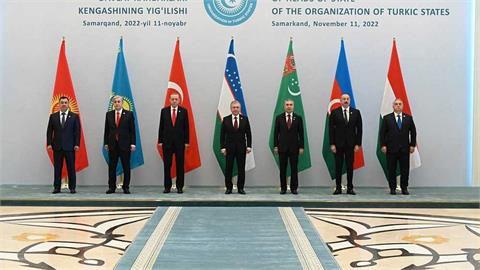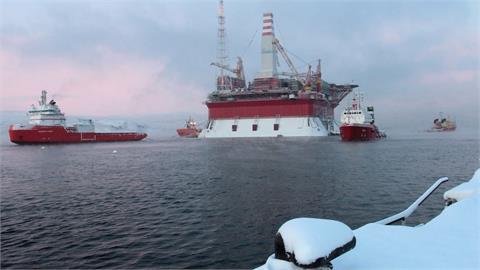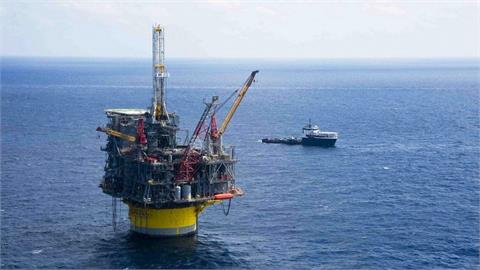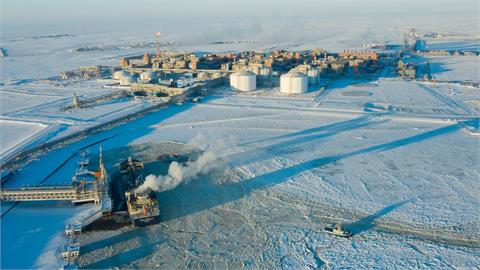A joint gas pipeline
initiative backed by
Serbia, FYROM,
Hungary, Turkey and
Greece has been
submitted for possible
inclusion in EU's list
of Projects of Common
Interest (PCI), a
pre-condition for the
proposed undertaking to
become eligible for
funding from EU
resources, Hungarian
natural gas transmission
system operator (TSO)
FGSZ said on Friday.In
June, Hungary's foreign
affairs and trade
ministry said the
backers of the project
held a working group
meeting to mark the
formal start of
expert-level work on the
Tesla project that aims
to examine the
feasibility of creating
a gas pipeline
connection between
Turkey and Central and
Southeast Europe, to
clarify technical,
financial, regulatory
and legal questions, and
to prepare the
pre-feasibility study of
the project.
The ministry also said
at the time Tesla -
which will comply with
the EU’s Third Energy
Package, aims to connect
the Central and
Southeast European
consumption hub with the
diversified Turkish
market and that as a
pipeline with
bidirectional flow
capability will
significantly contribute
to the energy security
of the Central and
Southeast European
region as well as to
that of Europe as a
whole.
The Hungarian
authorities noted that
the participating states
are ready "to welcome in
cooperative spirit other
willing countries of the
region to participate in
these efforts”.
"FGSZ and other TSOs
alongside the suggested
route have submitted the
respective part of Tesla
for PCI status," a
spokesperson for the
Hungarian company told
SeeNews in an email.
"The conceptual scheme
of the corridor has been
completed. Furthermore
the relevant involved
transmission operators –
including FGSZ – have
submitted their portion
of the concept to the
European-level Ten-Year
Network Investment Plan,
ENTSOG TYNDP, in order
to achieve that their
project gets into the
final PCI list," FGSZ
said.
The Hungarian company
said the task force
agreed between all the
relevant TSOs - which
will provide support for
the preparation and
execution of the project
- is expected to hold
its first meeting this
autumn.
In June, the Hungarian
foreign affairs and
trade ministry said the
Tesla pipeline was
tentatively scheduled
for a commercial launch
in 2019 and that a
Memorandum of
Understanding between
the participating TSOs
should be ready for
signature at a
ministerial meeting this
fall.
The ministry also said
the integration of
regional gas markets and
the development of a
network of bidirectional
interconnectors are
important for Hungary.
"Nevertheless, we are
still convinced that a
large capacity pipeline
is necessary for the
supply of the region.
Beside its supply
security relevance, we
believe that Tesla, an
infrastructure project
across the territories
of a number of
countries, has
significant added value
in terms of the
stabilization and
economic development of
the wider region, as
well as concerning the
integration process of
the Western Balkans,"
the ministry added.
The European Commission
is currently in the
process of updating its
list of PCIs in the
field of energy
infrastructure. The
second iteration of the
list - which is updated
every two years, will be
presented by the
Commission by the end of
this year, Commission
spokesperson Nicole
Bockstaller told SeeNews
in an email.
The identification of
PCIs is based on a
regional approach and is
carried out by Regional
Groups consisting of
representatives of
competent ministries,
national regulatory
authorities and the gas
and electricity
transmission system
operators and project
promoters, the European
Network of Transmission
System Operators (ENTSO)
for electricity and gas,
the Agency for the
Cooperation of Energy
Regulators and the
European Commission,
Bockstaller said.
Project promoters submit
the electricity, gas and
oil project proposals
for which they want to
obtain the status of PCI
to the Regional Groups
for assessment.The
assessment will be
carried out in the
coming months and the
Regional Groups will
decide on the Regional
PCI lists in the fourth
quarter of 2015.
According to data from
ENTSOG TYNDP, Tesla's
promoters - alongside
FGSZ, are FYROM's
GA-MA, Serbian
state-owned gas monopoly
Srbijagas and Greece's
DESFA. The final
investment decision for
the project is seen
early next year with
permitting scheduled for
early 2017. As expected
gas sources, the
document lists the
Caspian region and
Russia.
In addition to Tesla,
Eastring is another
initiative for a
bidirectional gas
pipeline project - also
submitted for PCI
consideration, that
could connect countries
in Central and Eastern
Europe to the gas from
liquefied natural gas
terminals in Greece and
Turkey. Eastring is
being promoted by
Slovakian gas pipeline
operator Eustream
alongside potential
partners from Bulgaria,
Hungary and Romania.
ENTSOG, or the European
Network of Transmission
System Operators for
Gas, facilitates and
enhances cooperation
between gas TSOs across
Europe in order to
ensure the development
of a pan-European
transmission system in
line with European Union
energy goals.
Aside from domestic
natural gas
transmission, FGSZ also
performs transit
activities for Serbia,
Bosnia and Herzegovina,
as well as cross-border
deliveries towards
Romania, Croatia and
Ukraine.
Source:
SeeNews
Source:
SeeNews
Related content
Thursday, 17 April 2025
Tuesday, 15 April 2025
Tuesday, 15 April 2025



